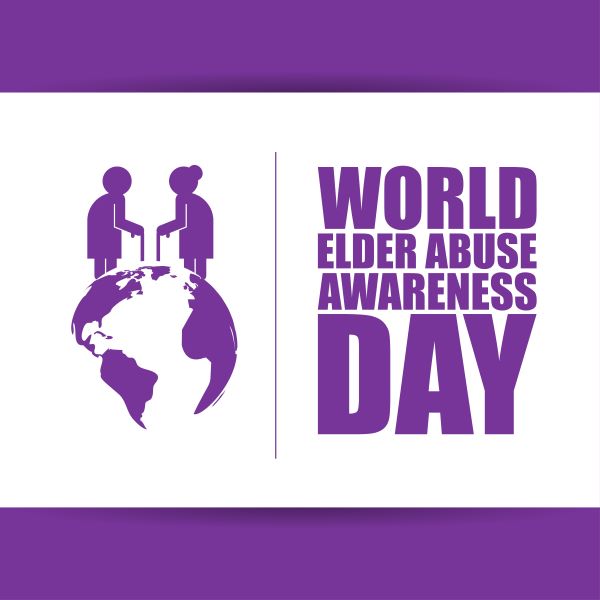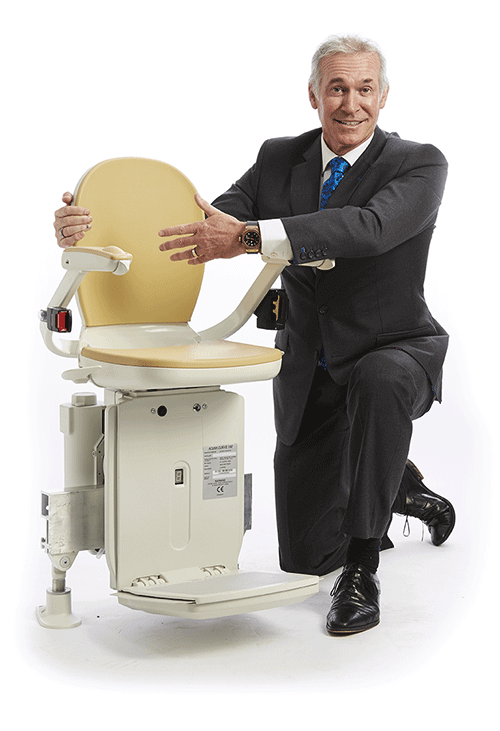Elder abuse is a silent crisis—and it’s more common than many realise.
According to the World Health Organisation, 1 in 6 people aged 60 and older have experienced some form of abuse in the past year. In care facilities, the issue is even more troubling: 2 in 3 staff members admit to having committed abuse themselves.
And with the ageing population growing rapidly—set to reach nearly 2 billion people aged 60 and above by 2050—the urgency to act has never been greater.
That’s why World Elder Abuse Awareness Day, observed every year on 15 June, is so important. It’s an opportunity to raise awareness, show support, and take meaningful steps toward a future where every older person is safe, respected, and treated with dignity.
What Is World Elder Abuse Awareness Day?
Established in 2006 by the International Network for the Prevention of Elder Abuse and supported by the World Health Organisation, this global observance highlights a critical human rights issue—the mistreatment of older people. By raising awareness, it aims to educate communities and encourage action to prevent elder abuse.
When Is World Elder Abuse Awareness Day?
World Elder Abuse Awareness Day takes place on 15 June every year.
In 2025, this falls on a Sunday.
What Is Elder Abuse—and What Counts as Abuse?
Understanding Abuse
Elder abuse refers to any harmful act—or failure to act—that causes distress, injury, or suffering to an older person. It can be physical, emotional, financial, or sexual, and often occurs where the older person should feel safest: in their own home or a care setting.
What Is Neglect?
Neglect happens when basic needs are ignored, whether intentionally or through carelessness. This includes failing to provide food, water, shelter, hygiene, medication, or supervision. Self-neglect—where a person is unable or unwilling to care for themselves—is also a serious concern.
Warning Signs—How to Spot the Signs of Elder Abuse
Physical Abuse
- Unexplained bruises, cuts, or burns
- Frequent or recurring injuries
- Hesitation to speak about what happened
- Fearfulness or withdrawal around certain individuals
Financial Abuse
- Missing money or unpaid bills
- Unusual banking activity or large withdrawals
- Sudden changes in financial documents
- Lifestyle not matching financial resources
Emotional or Verbal Abuse
- Behavioural changes like withdrawal or anxiety
- Reluctance to engage socially
- Mood swings or fear of caregivers
- Over-compliance or hesitancy to speak
Sexual Abuse
- Unexplained physical symptoms or pain
- Torn or stained clothing
- Discomfort during bathing or using the bathroom
- Avoidance of certain individuals
Neglect and Self-Neglect
- Poor hygiene or malnutrition
- Missing medication, glasses, or walking aids
- Unsafe or unclean living conditions
- Unattended injuries or illnesses
Can Elder Abuse Be Prevented?
While the responsibility for abuse always lies with the abuser, there are proactive steps we can take to reduce the risk. Raising awareness, building strong support networks, and staying involved are key to prevention.
World Elder Abuse Awareness Day—6 Ways to Help Prevent Elder Abuse
1. Encourage Social Connection and Community Involvement
Isolation is one of the biggest risk factors for elder abuse. Encourage older loved ones to stay active in their communities, whether that’s through regular visits with friends, attending faith services, or joining a local club. Staying connected helps them maintain confidence and emotional well-being.
2. Choose Caregivers and Facilities Carefully
When selecting a caregiver or care facility, ask questions, read reviews, and pay attention to how staff interact with residents. Make regular visits and stay involved in your loved one’s care. Ongoing oversight helps create a culture of accountability and respect.
3. Keep the Lines of Communication Open
Regular check-ins—whether by phone, video, or in person—allow you to notice changes in behaviour, mood, or physical condition. Encourage your loved one to speak openly about their feelings and any concerns. A trusting relationship makes it easier to spot when something isn’t right.
4. Talk About Financial Safety and Scams
Scams targeting older adults are on the rise, including fake calls, messages, and in-person fraud. Talk with your loved one about protecting their personal and banking information. Offer to help them review transactions or set up safe banking practices while respecting their independence.
5. Support Their Independence
Allowing older adults to make decisions about their own care, finances, and daily routines fosters a sense of control and dignity. Assist them with tools that promote autonomy—such as Acorn stairlifts or mobility aids—while reducing their dependence on others.
6. Connect Them with Peer Support and Social Services
Encourage participation in support groups or local initiatives for seniors. Many communities offer social programmes or elder care advocacy networks. These safe spaces offer connection, comfort, and the opportunity to speak out about concerns like abuse.
What to Do If You Suspect Elder Abuse
If you suspect someone is being abused—either now or in the past—it’s important to take action:
- Speak to the older person in a private, supportive way
- Seek advice from a healthcare provider or social worker
- Contact local elder abuse reporting services or protection organisations
- In emergencies, call the police or emergency services
Addressing elder abuse not only protects your loved one—it can also prevent future harm to others.
Here are more resources to help you report elder abuse incidents in South Africa:
Action on Elder Abuse SA
Tel: 021 426-5255
Email: action@actiononelderabusesa.co.za or pat@actiononelderabusesa.co.za
Halt Elder Abuse Line (HEAL)
Toll-free number: 0800 00 30 81
South African Human Rights Commission (Western Cape)
Contact: Shafeeqah Salie
Tel: 021 426 2277
Email: ssalie@sahrc.org.za or sahrcinfo@sahrc.org.za
South African Social Security Agency (Sassa)
Toll free: 0800 60 10 11
Email: GrantEnquiries@sassa.gov.za
Or
SASSA Western Cape Office
Address: Golden Acre, Adderley Street, Cape Town, 8001 Tel: 021 469 0200
Fax: 021 469 0260
Email: GrantsEnquiriesWC@sassa.gov.za

